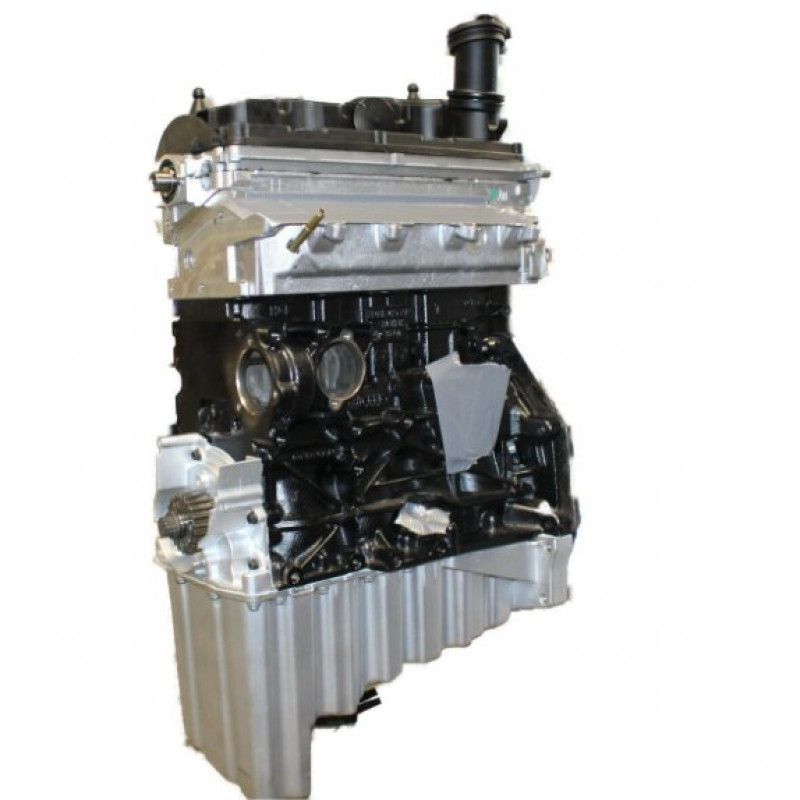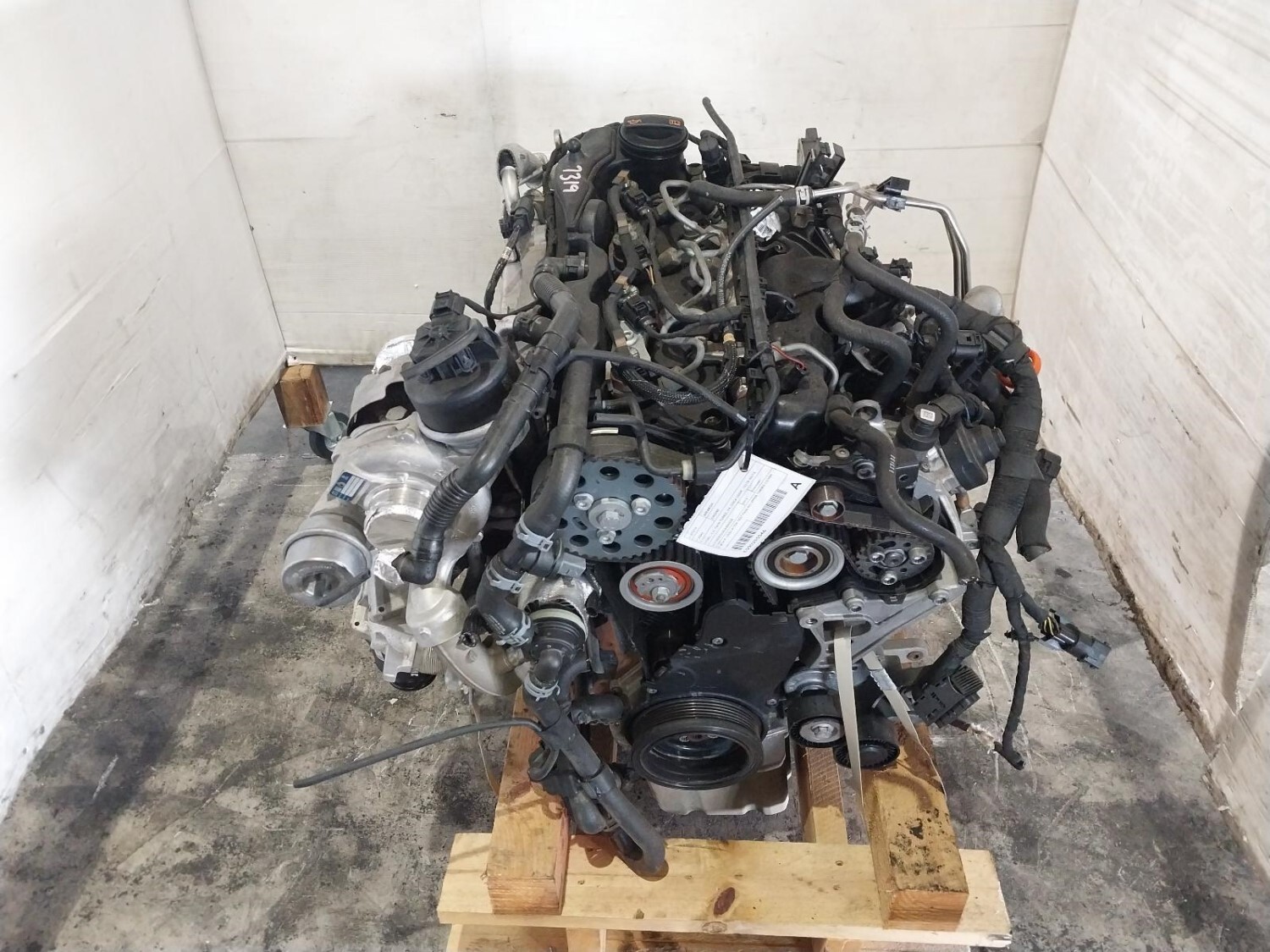Where to Find one of the most Dependable Amarok Engine for Sale-- Top Distributors and Alternatives
Where to Find one of the most Dependable Amarok Engine for Sale-- Top Distributors and Alternatives
Blog Article
Essential Considerations and Tips for Selecting the Right Engine for Your Needs
Selecting the right engine is a diverse choice that requires cautious factor to consider of numerous aspects to ensure optimal efficiency for your certain demands. The details of engine selection expand past these basics, prompting a more detailed examination of vital aspects that can ultimately influence your fulfillment and success.
Determine Your Function
Establishing your purpose is a crucial very first step in choosing the right engine for your needs. Comprehending the certain application you desire will lead your decision-making process and make sure that you choose an engine that lines up with your operational needs. Whether you need an engine for an industrial car, commercial machinery, or a leisure job, each scenario demands different performance qualities and capacities.
Consider the setting in which the engine will certainly run. Will it undergo heavy tons, severe temperature levels, or prolonged use? Assessing these variables will assist you identify the necessary power result, fuel effectiveness, and durability required to fulfill your purposes.
Additionally, think of the lasting effects of your selection. Budget restraints, upkeep requirements, and accessibility of components are crucial factors to consider that will impact your overall contentment and functional efficiency.
Inevitably, verbalizing your purpose will simplify the option procedure and encourage you to make a notified decision. By clearly specifying your objectives, you can examine potential engines better and select one that not only satisfies your current needs yet also sustains your future goals.
Evaluate Engine Specs
When you have plainly expressed your objective, the following step is to examine engine requirements. This procedure involves an extensive examination of numerous technological information that can significantly impact efficiency and viability for your meant usage.
Begin by examining the engine's horsepower and torque scores. Horsepower is crucial for establishing the engine's ability to perform work, while torque is crucial for recognizing just how well it can take care of heavy tons or acceleration. In addition, take into consideration the engine variation, as it usually correlates with power result and effectiveness.
Following, take a look at the engine typeâEUR" whether it is a gas, diesel, or alternative gas engineâEUR" as each type has unique features and applications. Take note of the engine's setup (e.g., inline, V-type), as this can affect dimension, weight, and total performance.
An additional essential aspect is the engine's air conditioning system, which can affect reliability and upkeep requirements. Finally, review the producer's online reputation and warranty offerings, as these can provide insights right into long-lasting efficiency and assistance. Completely evaluating these specs will certainly assist make certain that you choose an engine that lines up with your operational objectives and details demands.
Consider Gas Efficiency
Fuel efficiency is a crucial factor to think about when selecting an engine, as it directly influences functional expenses and ecological sustainability. An engine's fuel efficiency is typically gauged in miles per gallon (MPG) for cars or in certain fuel usage (SFC) for aircraft and aquatic engines. Greater fuel efficiency not just reduces the amount of fuel consumed yet additionally minimizes greenhouse gas discharges, making it an accountable option for eco-conscious consumers.
When evaluating engine choices, it is necessary to evaluate the driving conditions and planned use. Engines maximized for highway driving might show much better fuel efficiency compared to those created for stop-and-go website traffic. Additionally, take into consideration the engine's technology, such as turbocharging or crossbreed systems, which can significantly enhance gas efficiency.

Assess Upkeep Demands

Beginning by assessing the supplier's advised maintenance periods and treatments. Some engines might require right here more constant oil changes, filter replacements, or specialized maintenance, which can impact your operational downtime. Furthermore, think about the availability of parts and the ease of getting them. Engines with widespread popularity normally have better components accessibility, decreasing preparations throughout fixings.
An additional essential aspect is the technical experience required for maintenance. Some engines might require specific training for service technicians, which might limit your alternatives for provider. Furthermore, evaluate whether the engine's layout enables simple access to elements commonly needing maintenance, as this can substantially impact labor expenses.
Budget Plan Your Financial Investment
Comprehending maintenance needs is just one aspect of choosing the appropriate engine; economic considerations play a similarly important function (amarok engine for sale). Developing a clear budget plan is critical, as it influences not just the initial purchase price however additionally lasting operational expenses
When budgeting, consider both the upfront costs and recurring expenditures such as gas efficiency, upkeep, and possible repairs. A seemingly economical engine might sustain greater prices with time due to poor fuel economic climate or frequent maintenance demands. Additionally, examine the schedule and expense of extra components, as well as the service warranties offered by producers, which can supply financial defense against unexpected costs.
It is additionally a good idea to aspect in possible funding choices or renting setups, which could ease instant economic problems. Balance your need for advanced functions with your budget plan restrictions, guaranteeing that view it you purchase an engine that fulfills your efficiency needs without jeopardizing financial stability.
Eventually, an all-round budget will empower you to make educated choices, straightening your engine selection with both your functional demands and monetary capacities, causing a much more lasting financial investment over time.

Conclusion
In conclusion, picking the appropriate engine demands a comprehensive understanding of particular requirements and applications. Mindful assessment of engine specs, gas performance, and upkeep needs is vital for notified decision-making.
Fuel effectiveness is an important element to consider when choosing an engine, as it straight impacts operational expenses and environmental sustainability. An engine's fuel efficiency is typically gauged in miles per gallon (MPG) for vehicles or in specific fuel intake (SFC) for aircraft and aquatic engines. Diesel engines usually offer better fuel efficiency than gasoline engines. Ultimately, choosing an engine with a solid focus on gas efficiency can lead to significant lasting cost savings and contribute positively to environmental efforts. Cautious assessment of engine specs, gas performance, and upkeep demands is important for informed decision-making.
Report this page